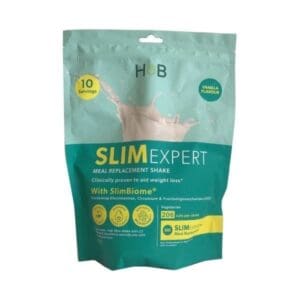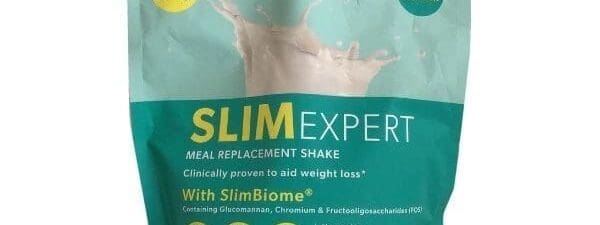New diets and testing kits focused on improving the health of the gut microbiota have emerged and will create opportunities for gut microbiota-friendly products. Microbiota-based diets will become a new extension of personalized health. This will allow new opportunities for products that support a healthy gut microbiota and potentially improve overall health.
Microbiome diets provide new reasons for “eating clean”
According to Mintel research, nearly three in five US adults say they try to eat foods that encourage a healthy gut/microbiome. The microbiome diet addresses gut dysbiosis (an imbalance of microflora) and claims to restore gut health, improve metabolism and weight loss. Like other gut-healing diets, initial phases of the diet are restrictive to remove unhealthy bacteria from the gut and repair the intestinal lining.
After 21 days, dieters can gradually add foods back into their diet. Foods that are rich in probiotics and prebiotic fibers are encouraged to build back a healthy gut microbiota. The diet also encourages eating organic foods and avoiding fried foods, artificial sweeteners and other chemicals, such as pesticides and hormones, that may disrupt the gut microbiota or cause inflammation.
Build on the momentum of clean label
Diets developed to support the gut microbiota will give “eating clean” new relevance. To help heal gut dysbiosis, microbiota-related diets encourage the avoidance of foods, chemicals and ingredients that are associated with inflammation.
More attention on the gut microbiota will heighten concern about the long-term effects of certain chemicals, especially hormones, pesticides and artificial sweeteners and preservatives. This mirrors trends seen in clean label products, especially those with claims related to chemical contamination.

Diets to support the gut microbiota are innovating personalized health goals
Microbiota-based diets are the next extension of personalized health. At-home testing kits will unlock a better understanding of the gut microbiota. The gut microbiota is already an important focus in integrative medicine. Beyond digestive health, the gut microbiota may influence immune health, metabolic health and even neurobehavioral traits. This will create new opportunities for products to support a healthy gut microbiota and, hopefully, improve overall health.
Research is exploring the gut-brain axis, gut-heart axis, gut-oral axis, gut-lung axis and more. Research is also underway to understand how changes to the gut microbiota can affect other areas of health and potentially manage diseases that are rooted in inflammation, such as rheumatoid arthritis and psoriasis.
Food and drink that support or repair the gut microbiota will be more recognized. Probiotics, prebiotic fibers and fermented foods will appeal to consumers who are looking to support their overall health, not just their gut health. Conversely, awareness about the gut microbiota will give consumers a new reason to avoid ingredients associated with inflammation or gut dysbiosis.
Technology will enable consumers to construct hyper-individualized approaches to health. Mintel’s 2030 Global Food and Drink trend ‘Smart Diets’ predicts that at-home testing kits will become mainstream personalized wellness solutions for consumers.
What we think
Consumers are looking for custom solutions to support wellbeing. As predicted in Mintel’s The Future of Vitamins, Minerals and Supplements 2021 report, the power of better gut health and hyper-personalization will shape the future of VMS: 31% of US VMS users think it’s important to purchase VMS that have a specific formula for people like them. Brands should look to build on consumers’ growing interest in their microbiota. Microbiota-support messaging can elevate current gut health claims by also supporting consumers’ holistic health goals. New awareness and understanding about the microorganisms that are so integral to many areas of health will create opportunities for gut microbiome-friendly ingredients, especially fiber, probiotics and fermented foods. Products developed to support the gut microbiota and follow clean label trends, promoting the absence of hormones, pesticides, preservatives and other artificial ingredients, will likely succeed.





































